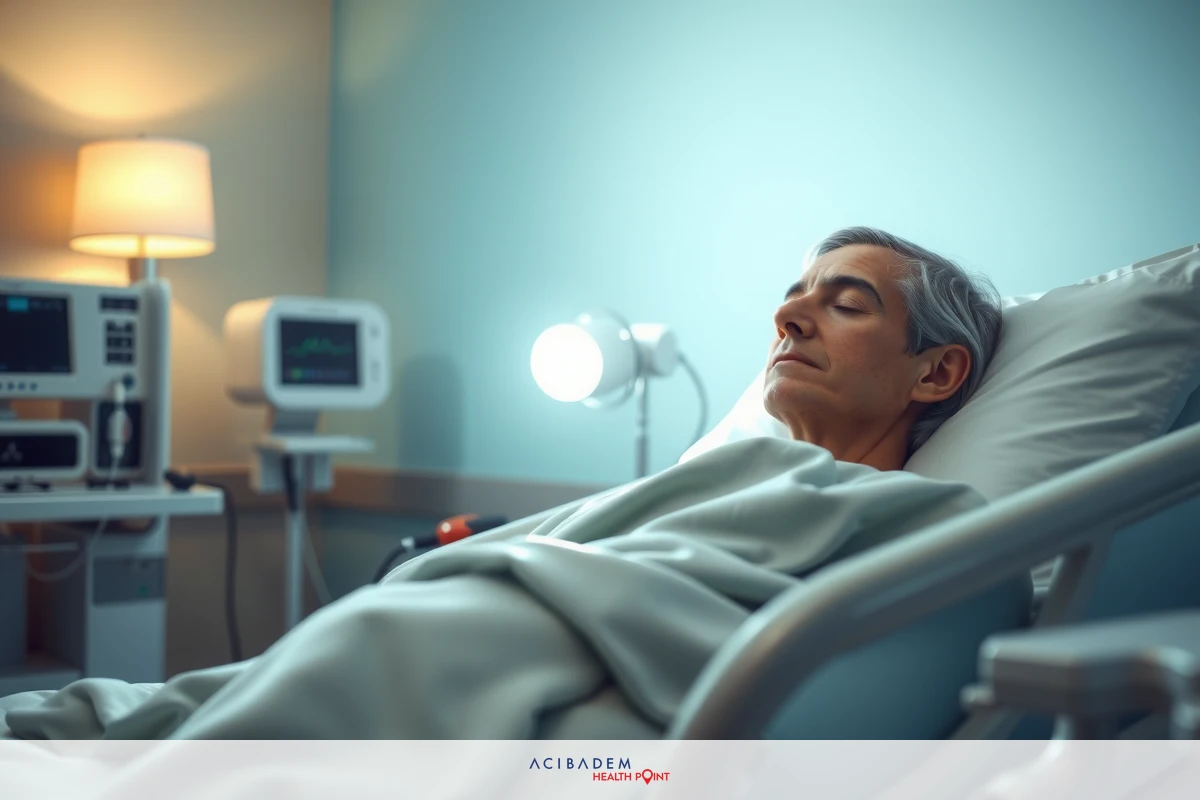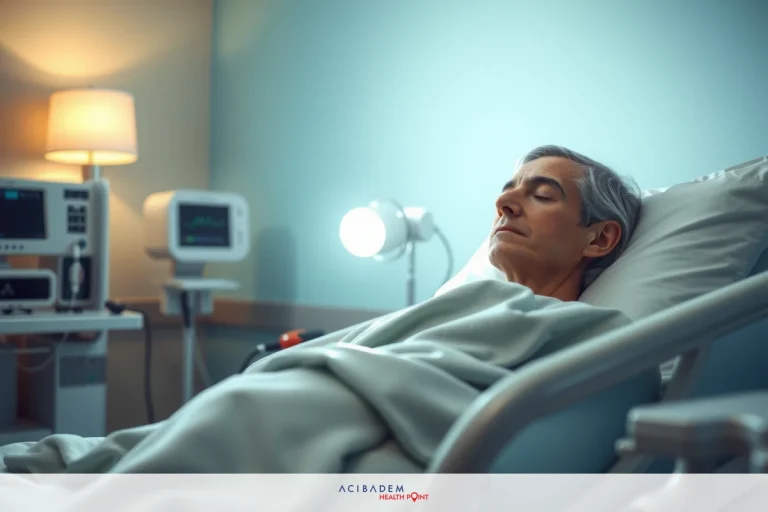Monoclonal Antibody Therapy Recovery Time Have you ever wondered how long recovery takes after monoclonal antibody therapy? This treatment has become quite popular for various health conditions. People often want to know about the recovery time.
Recovery can vary from person to person. Some might feel better in a few days while others may need more time. It depends on many factors like age, overall health, and how one’s body responds.
Want tips for a smooth recovery? Keep reading. You’ll find useful advice that could help speed up your healing process and get back to feeling like yourself again.
What is monoclonal antibody therapy?
Monoclonal antibodies are special proteins. They are made in labs to target specific cells. These cells can be harmful like cancer or viruses. The therapy uses these antibodies to fight illness.
The treatment works by binding to the bad cells. This helps your immune system find and destroy them. It’s a bit like giving your body’s defense team some extra help.
People might wonder about recovery time after the treatment. It varies based on health and age. Some feel better quickly while others need more days.
Therapy recovery depends on how well the body responds. Good habits can speed up health recovery too. Resting enough and eating healthy food can help a lot.
In short monoclonal antibody therapy targets harmful cells with lab-made proteins. This method boosts your body’s ability to fight off threats effectively.
How Long Does Recovery Take?
Recovery time after monoclonal antibody therapy can differ. Some people feel better quickly. For others it might take a bit longer. It often depends on individual health.
Most patients notice an improvement in a few days to a week. Your body may need this time to adjust and start the healing process. The therapy aims to help your immune system work better.
Factors like age and overall health play a big role too. Younger individuals or those in good health usually recover faster. Older adults or those with other conditions might need more time for full recovery.
Monitoring how you feel is essential during this period. Pay attention to any changes in your symptoms and energy levels. Resting well and staying hydrated can aid in quicker therapy recovery.
If you follow these tips you’ll likely see positive results sooner rather than later. Recovery times vary but focusing on self-care helps speed up the journey toward health recovery.
Factors Affecting Recovery Time
Recovery time after monoclonal antibody therapy can vary. Several factors play a role in this process. Let’s explore some of the key elements.
Age is a crucial factor for therapy recovery. Younger people often recover faster than older adults. The body’s ability to heal declines with age impacting health recovery.

Overall health also matters significantly. If you are generally healthy your body might bounce back quicker. Those with other medical conditions may find their recovery takes longer.
Lifestyle choices affect how fast you feel better too. Eating well and getting enough rest can speed up the healing process. Avoiding stress helps as well since it impacts overall health factors.
The type of illness being treated is another important aspect to consider. Some conditions respond quickly to antibody treatment while others take more time for results to show.
Monitoring these factors closely will help manage expectations around recovery time effectively. Understanding them allows patients and caregivers alike to navigate the journey toward improved health more smoothly.
Tips For A Smooth Recovery
Want to speed up your health recovery after monoclonal antibody therapy? Follow these tips. They can help you feel better faster and ensure a smooth experience.
First rest is key. Your body needs time to heal. Make sure you get enough sleep each night. Take short naps if needed during the day.
Eating well is also important for recovery time. Choose foods rich in vitamins and nutrients. Fresh fruits, vegetables, lean proteins, and whole grains are great options.
Stay hydrated by drinking plenty of water every day. Fluids help flush out toxins from your system. Avoid sugary drinks as they can slow down the healing process.
Light exercise can be beneficial too but don’t overdo it. Gentle activities like walking or stretching keep blood flowing without causing strain on your body.
Listening to your own body helps with therapy recovery as well. If something doesn’t feel right or pain persists longer than expected—don’t hesitate to reach out to healthcare providers promptly.
When To Contact Your Doctor
Knowing when to contact your doctor during recovery is very important. It can make a big difference in your health care journey.
If you notice severe pain or unusual symptoms reach out right away. This includes high fever, extreme fatigue, or difficulty breathing. These could be signs that need medical advice promptly.
Any sudden changes in how you feel should also prompt a call. For example if new symptoms appear or existing ones worsen unexpectedly. Your doctor can provide guidance and adjust treatment as needed.
Persistent issues are another reason to get in touch with your healthcare provider. If problems like pain or swelling do not improve after a few days of rest it’s time for professional input.
Regular check-ins might be necessary too depending on the therapy recovery plan set by your doctor. Keeping them updated helps ensure they have all information required for optimal decision-making about any adjustments needed along way.
Trusting yourself while being proactive about contacting your healthcare provider ensures smooth and effective antibody treatment outcomes.
Frequently Asked Questions
Q: How soon can I expect to feel better after monoclonal antibody therapy?
A: Recovery time varies. Some people feel better in a few days while others may take longer.
Q: Are there any side effects I should watch for during recovery?
A: Common side effects include mild pain, fatigue, and swelling. If symptoms worsen contact your doctor.
Q: Can I continue my regular activities right after the treatment?
A: It’s best to rest initially and gradually return to normal activities based on how you feel.








